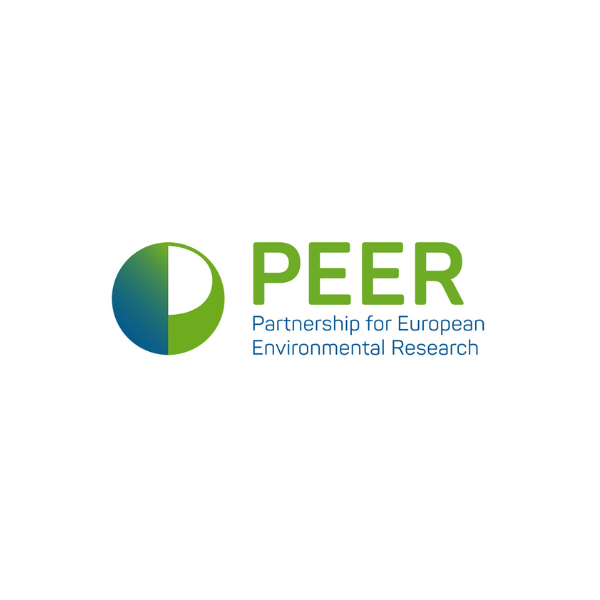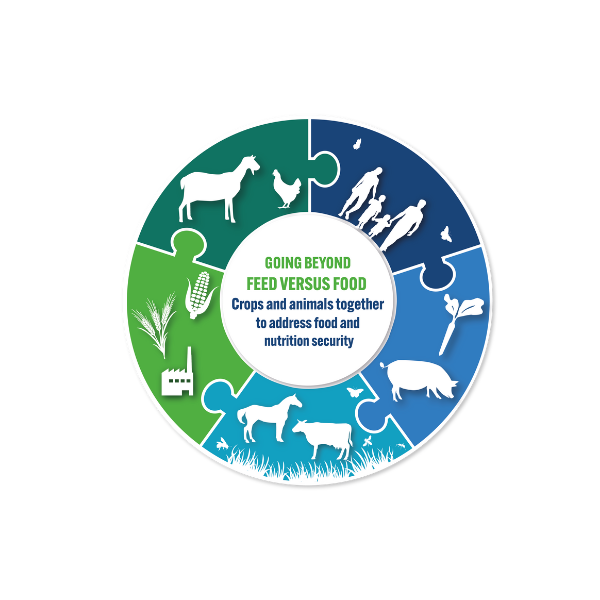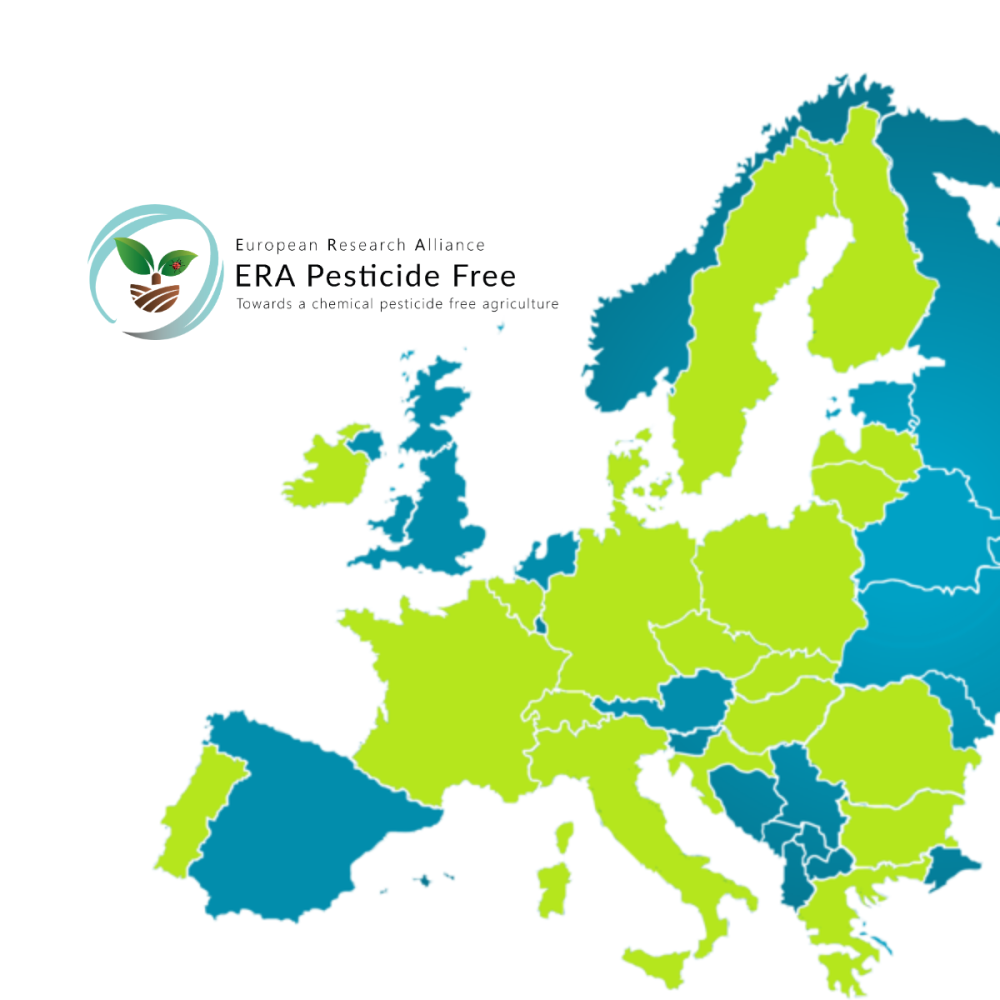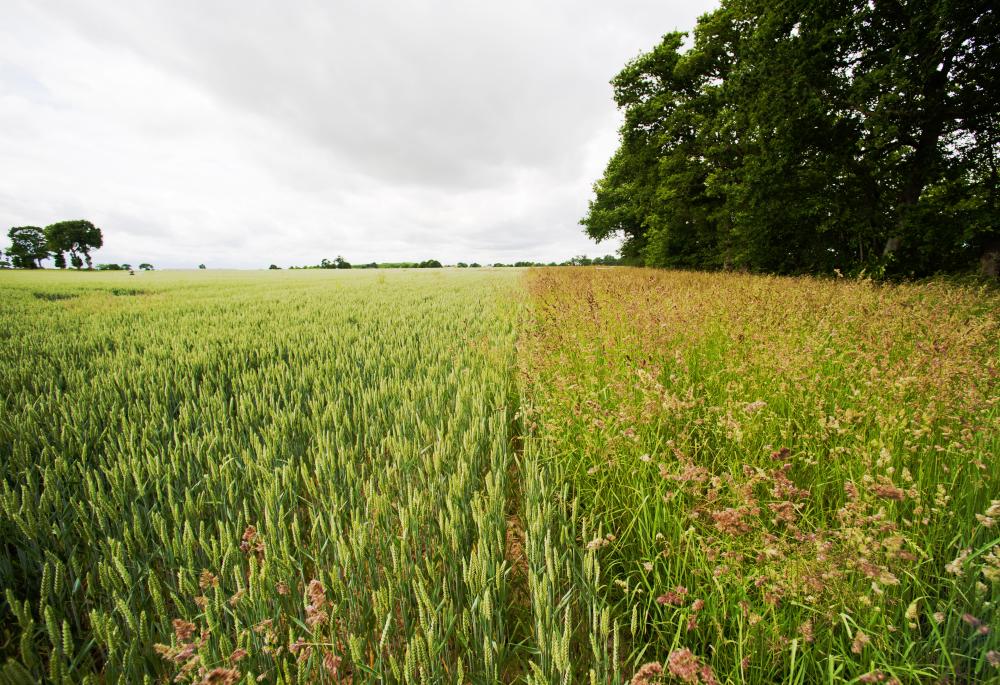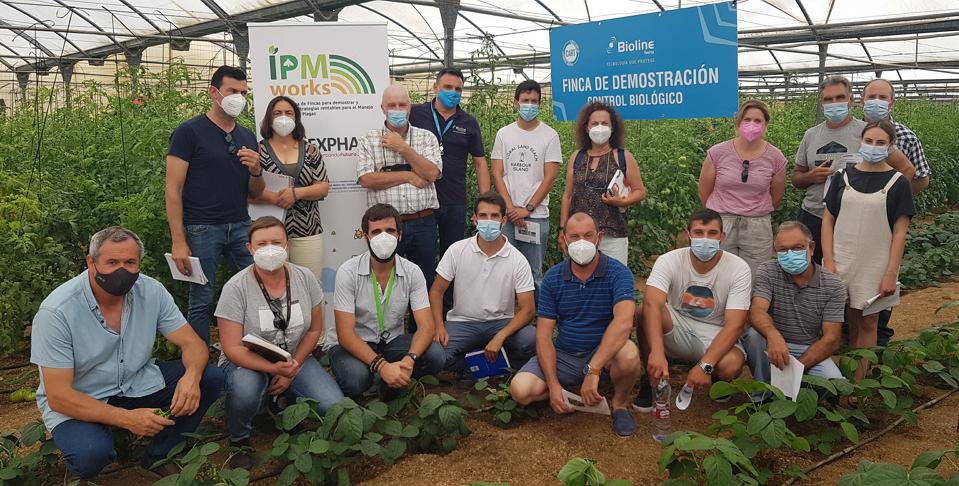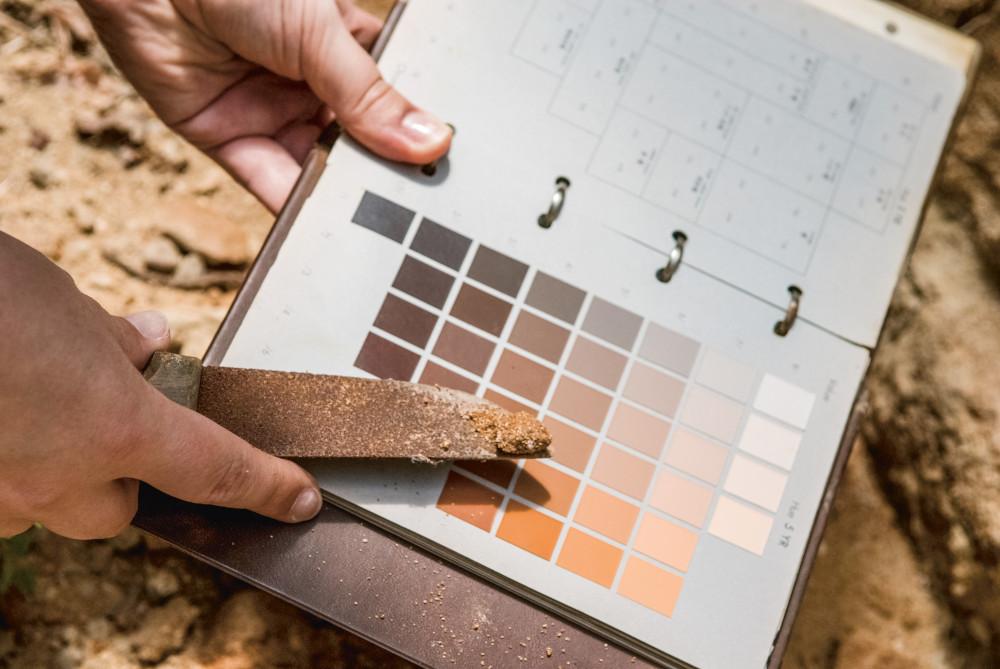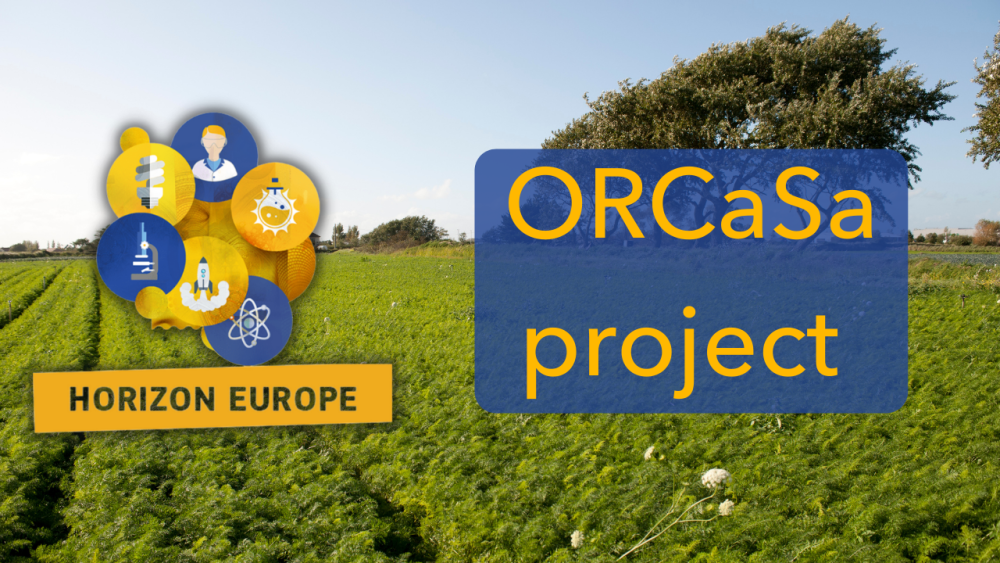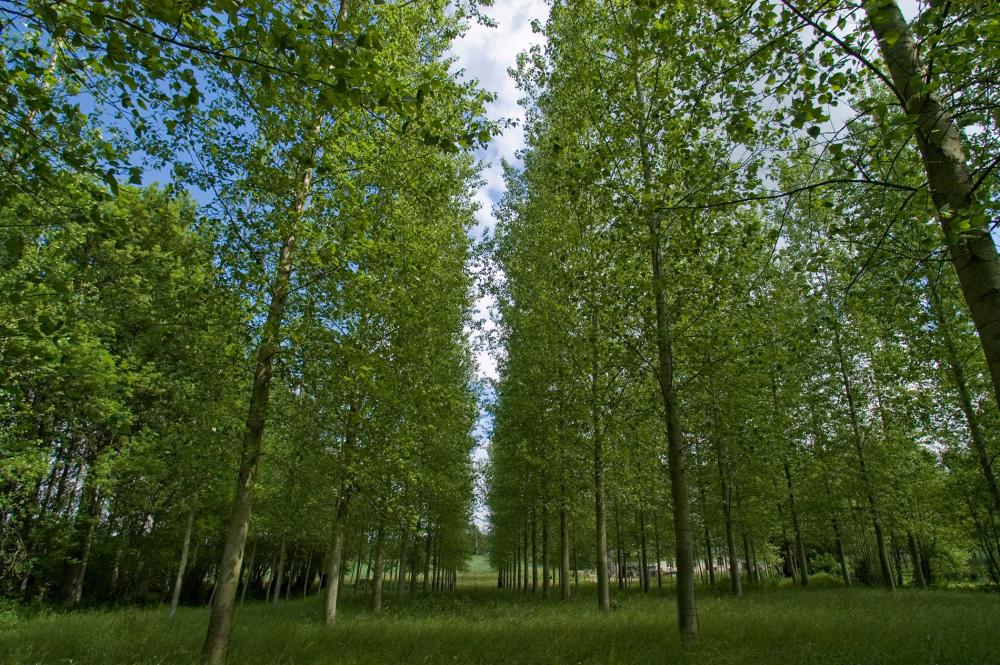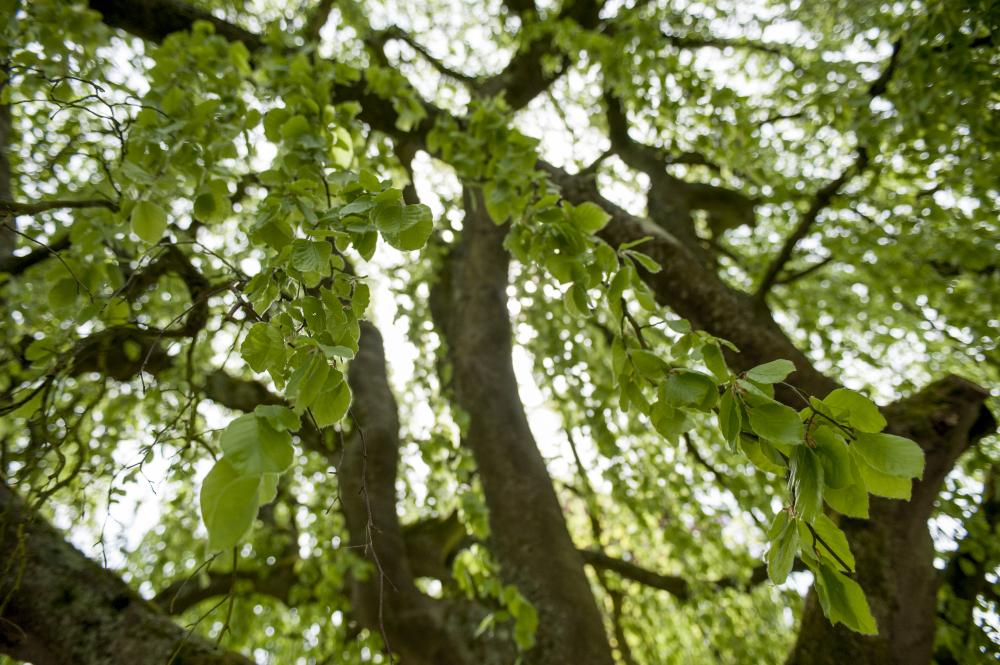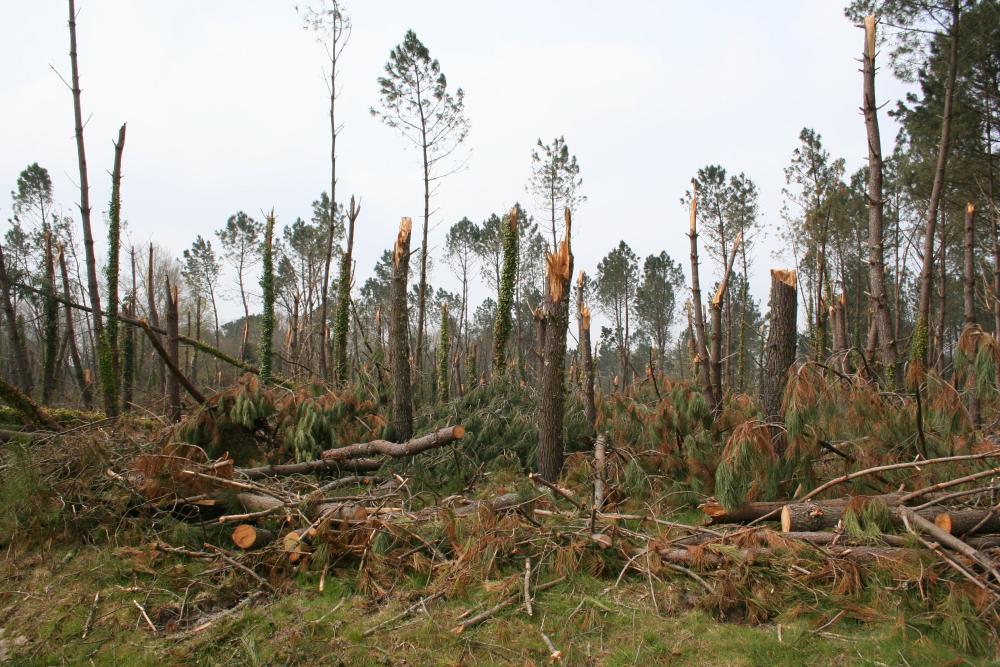Europe

INRAE’s participation in European programmes involves the production of new knowledge, data sharing, collaborations with stakeholders, support to public policy-making and contributes to the development of solutions to major challenges. The Institute coordinates and participates in numerous European projects and shared research infrastructures, particularly as part of the Horizon Europe framework programme.
Since 2010, INRAE has been coordinating the joint JPI FACCE programme, an initiative designed to build an integrated European Research Area to meet the interconnected challenges of sustainable agriculture, food security and the impacts of climate change. Since 2022, INRAE chairs the Board of Directors.
INRAE is involved in the development and programming of European research partnerships:
- PARC: Partnership for the Assessment of Risks from Chemicals
- Agroecology: the European R&I partnership on agroecology living labs and research infrastructures
- Partnership for Sustainable Food Systems (SFS) for people, planet and climate
- Animal health and welfare: European partnership on animal health and welfare
The institute also follows other European partnerships, such as Biodiversa+ , the European Biodiversity Partnership, and Water4all, Water security for the planet.
Strategic input to the future of EU research framework
The next European Framework Programme for Research and Innovation (FP10) will be a key policy instrument to support the EU’s strategic autonomy, resilience and green transition. It will guide research funding in areas that are critical to Europe's future, including agriculture, food systems and the environment. As leading public research organisations, INRAE, Wageningen University & Research and Aarhus University have jointly contributed to the policy debate by putting forward a shared vision for a more impactful, inclusive and coherent research agenda.
This contribution takes shape through two strategic documents:
- a position paper outlining 11 concrete proposals to strengthen the design and delivery of the next Framework Programme;
- a solutions booklet showcasing how EU-funded collaborative research is already generating results on the ground and supporting long-term transitions.
These inputs aim to ensure that FP10 fully leverages the potential of science to deliver societal impact, from fundamental research to applied innovation.
Towards a paradigm shift on chemical pesticides use in the European Union
Through the European Green Deal's Farm-to-Fork and Biodiversity 2030 strategies, the European Commission has set an ambitious target of a 50% reduction in the use and risks of chemical pesticides by 2030. INRAE is mobilising to drive a real paradigm shift at European level and disruptive research strategies that will support the design of new agricultural systems in which crop protection no longer depends on the use of chemical pesticides. A summary of our scientific collaborations for pesticide-free agriculture.
A leading institute in Europe on soil and climate change
With the ever-increasing threats to soil, the European Union is taking action and stepping up its political agenda on soil protection. The proposal for a soil strategy in 2022, was followed by publication of a soil directive in 2023. This is reflected in the increase and development of research resources, notably through the funding the European Joint Programme on the management of agricultural soils (EJP SOIL), coordinated by INRAE and the launch of A Soil Deal for Europe. INRAE has been particularly active in raising the profile of soil research issues and needs at European level. Through its various actions and participation in expert groups advising the European Commission, the Institute has become one of the European leaders in the field of soil and climate change.
A major player in forest research
The challenges facing forests are increasingly central to European players’ concerns, given the role they play in biodiversity, their functions and services in the face of climate change, and their exposure to increased and multiple risks. As a major player in forestry research, INRAE is involved in numerous projects, initiatives and networks to support Europe's environmental strategy for 2030.

